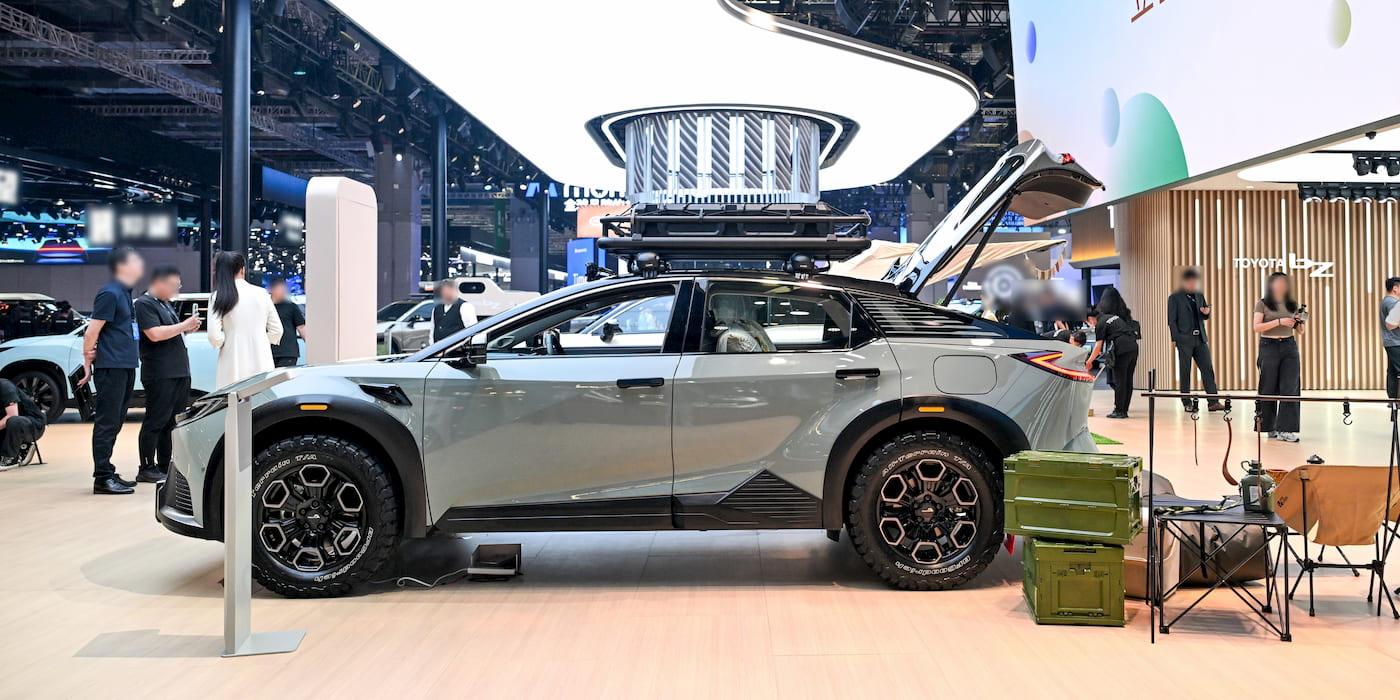
Toyota is doubling down on the “holy grail” of EV tech — all-solid-state batteries. Its first EV could arrive as soon as 2027, promising longer driving range, faster charging times, and more.
Toyota to launch its first all-solid-state battery EV in 2027
After announcing a new partnership with Sumitomo Metal Mining Co. to mass produce cathode materials for the new battery tech on Wednesday, Toyota said it aims “to achieve the world’s first practical use of all-solid-state batteries in BEVs.”
Toyota said that its new batteries could significantly enhance driving range, charging times, and output, potentially transforming the future of automobiles.
Compared to current liquid-based batteries, which use electrolyte solutions, Toyota’s all-solid-state batteries utilize a cathode, an anode, and a solid electrolyte. According to Toyota, the next-gen battery tech “offers the potential for smaller size, higher output, and longer life.”
Toyota aims to launch its first all-solid-state battery-powered EV in 2027 or 2028. The new development agreement moves it one step closer to bringing the new battery tech to market on a mass scale.
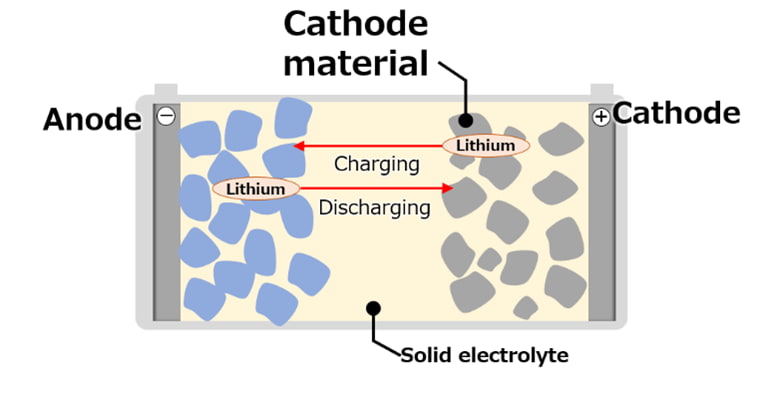

The two companies have been developing cathode materials for all-solid-state EV batteries since 2021, focusing on some of the biggest challenges in producing them at a mass scale.
Using Sumitomo Metal Mining’s proprietary powder synthesis technology, Toyota claimed to have developed a “highly durable cathode material” for all-solid-state batteries.
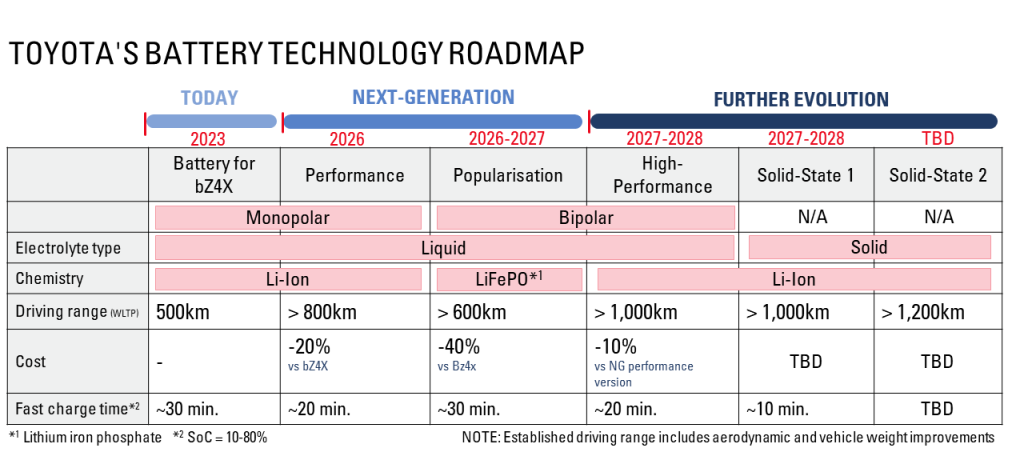
Sumitomo has been supplying cathode materials for electric vehicles for years, but it’s now working to introduce the newly developed tech, moving it toward mass production.
The new agreement comes after Toyota was granted a METI certification to manufacture the new batteries in Japan last September.
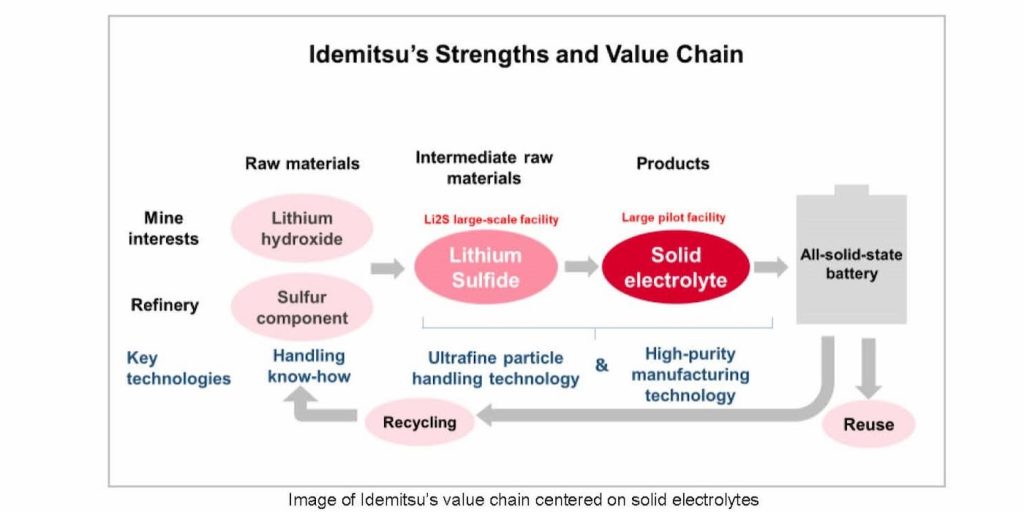
Toyota is collaborating with several partners in Japan, including oil giant Idemitsu Kosan, to introduce the new EV batteries to the market.
Idemitsu announced plans earlier this year to build a large-scale production plant for lithium sulfide, a raw material used in all-solid-state EV batteries. Once up and running, the plant will be capable of producing 1,000 metric tons of lithium sulfide annually. The company is also aiming to mass-produce all-solid-state batteries in 2027.
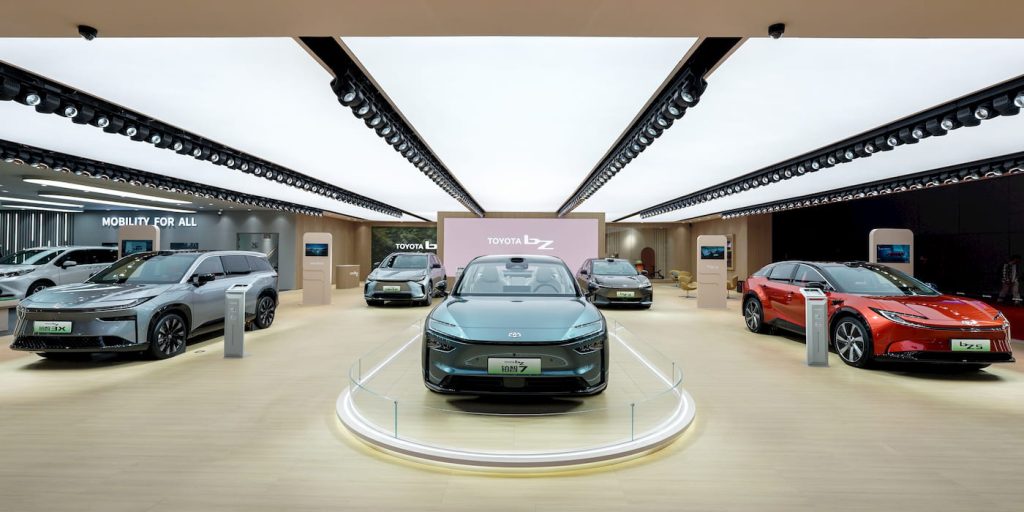
The new batteries are part of Japan’s plans to secure a domestic supply chain and reduce its reliance on China and South Korea. Toyota is among several companies in Japan that are investing a combined $7 billion (1 trillion yen) in domestic battery production.
Electrek’s Take
Will Toyota be the “world’s first” to put all-solid-state EV batteries to practical use? Others, including Mercedes-Benz, BMW, Volkswagen, and Honda, are also betting on the new technology.
Mercedes claimed to have put “the first car powered by a lithium-metal solid-state battery on the road” in February. Just last month, Mercedes drove an EQS, equipped with solid-state batteries, for nearly 750 miles (1,205 km).
Mercedes’ tech boss, Markus Schäfer, is already calling the new EV battery tech a “gamechanger” for electric vehicles. The company aims to bring solid-state batteries into series production by the end of the decade.
Meanwhile, CATL and BYD, which are already dominating the global battery market, aim to introduce the new battery tech around 2027.
SAIC MG launched the new MG4 in August, deeming it “the world’s first mass-produced semi-solid-state” electric vehicle.
Can Toyota compete? It has been promising to launch all-solid-state batteries for years now, but new alliances could help make it a reality. As for the “world’s first,” however, that may be a stretch.
FTC: We use income earning auto affiliate links. More.








